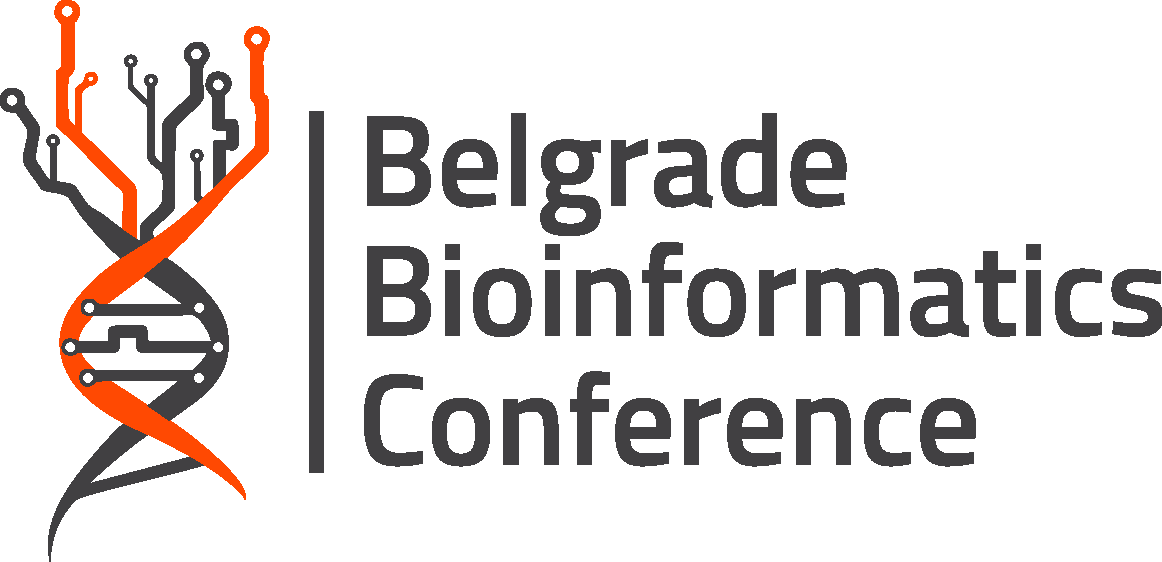Miljana Tanić1, Mariska Bierkens2, Marko Radulović1, Aleksandra Stanojević1, Mladen Marinković3, Ana Krivokuća1, Radmila Janković1, Ana Đurić1, Sergi Castellvi-Bel4, Jerome Zoidakis5,6, Remond J. Fijneman2 and Milena Čavić1
1 Experimental Oncology Department, Institute for Oncology and Radiology of Serbia (IORS), Belgrade, Serbia
2 Department of Pathology, Netherlands Cancer Institute (NKI), Amsterdam, Netherlands
3 Department of Radiation Oncology, Institute for Oncology and Radiology of Serbia, Belgrade, Serbia
4 Gastroenterology Department, Fundació Recerca Clínic Barcelona-Institut d’Investigacions Biomèdiques August Pi i Sunyer (FRCB-IDIBAPS), Barcelona, Spain
5 Department of Biotechnology, Biomedical Research Foundation, Academy of Athens (BRFAA), Athens, Greece.
6 Department of Biology, National and Kapodistrian University of Athens, Athens, Greece
tanic.miljana [at] ncrc.ac.rs
Abstract
The STEPUPIORS project entails a multi-omics approach to studying neoadjuvant chemoradiotherapy (nCRT) response in locally-advanced rectal cancer (LARC) patients through retrospective and prospective longitudinal sample and data collection. Through a multinational collaboration including four partnering institutions (IORS – Serbia, NKI – Netherlands, BRFAA – Greece, FRCB-IDIBAPS – Spain) different layers of omics data are being generated and integrated to derive biomarkers and models for prediction of patient’s response to nCRT. Consideration of Ethical, legal and societal issues (ELSI) is mandatory for projects dealing with personal and sensitive data, and collection of biological material from patients. The international nature of the project necessitates compliance with both national (Serbian) and EU laws and regulatory provisions governing data privacy and patient protection.
Ethics approvals were sought with the IORS’ local Committee for retrospective use of samples and health records, and for prospective collection and biobanking of samples and associated metadata, supplying patient information sheet and 2-tiered informed consent form. Prospectively collected samples and data will be managed by a Laboratory Information Management System (LIMS) acquired within the newly established IORS Biobank. International collaboration was facilitated through signing of Consortium and Joint controller agreements specifying terms for transfer of material including data, non-disclosure of information and data processing activities.
A Data Management Plan (DMP) was made considering a wide range of data types including structured information from patients’ medical records, radiology images, genomics, transcriptomics and proteomics data. DMP contained detailed descriptions of type of processing, source of data, data format and quantity. Means of maintaining confidentiality were described, which include access control, pseudonymization, separate processing of data collected for different purposes. Free access to data was achieved through deposition of raw data in appropriate repositories (Zenodo, EGA, cBioPortal) and as Supplementary data in open access publications in accordance with EU’s Open Science policy and in line with Findable, Accessible, Interoperable Research data (FAIR) principles.
Here we provide the roadmap and examples for navigating the complex ELSI landscape required for FAIR biomedical and multi-omics data management in accordance with the applicable regulatory provisions relating to the protection of the personal data and to medical confidentiality.
Keywords: data management, regulatory, ethics, privacy, omics
Acknowledgement: Horizon Europe Project STEPUPIORS (101079217)

